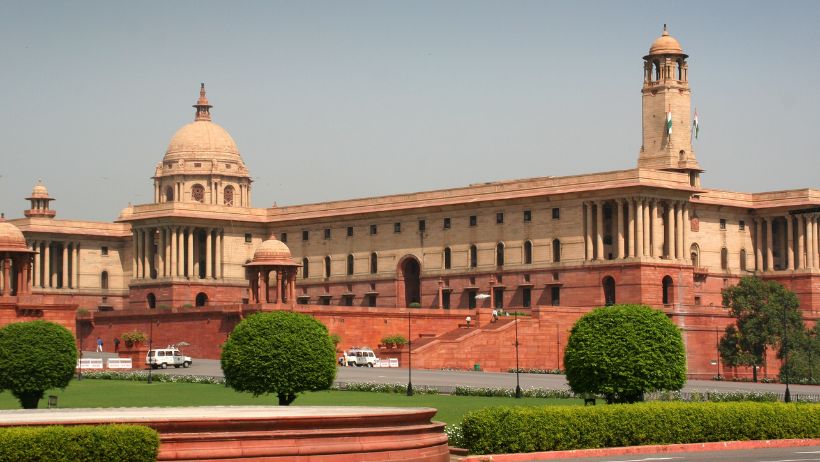
Study Reveals India’s Stand on Governance and Leadership
A recent study conducted across 19 countries, including India, revealed insights regarding public perceptions of democracy, governance, and leadership. The study, titled ‘Perceptions of Democracy: A Survey about How People Assess Democracy around the World,’ conducted by the International Institute for Democracy and Electoral Assistance (International IDEA), shed light on India’s unique stance towards governance and leadership.
Key findings revealed that approximately 59 per cent of the Indian population favours a “strong” leader and expresses satisfaction with the national government’s performance. This sentiment aligns with Prime Minister Narendra Modi’s consistently high approval ratings, which have often exceeded 66 per cent in domestic polls.
India’s inclination towards a “strong” leader stands out among the surveyed countries, with a notable majority expressing favorable views towards such leadership. Interestingly, India and Tanzania emerged as the only two countries where a substantial proportion of respondents indicated satisfaction with their governments, closely correlating with positive perceptions of strong leadership.
Delving deeper into the study’s findings, it becomes apparent that India’s support for a “strong” leader is nuanced. While a significant portion of the population favors robust leadership, there is also a recognition of the importance of democratic processes. Despite the preference for strong leadership, the study highlighted that India, alongside Tanzania, showed a substantial proportion of respondents who expressed favorable feelings towards a leader unbound by elections.
The study’s scope extended beyond India’s borders, encompassing diverse nations such as the United States, Denmark, Italy, Brazil, Pakistan, and Iraq, among others. Across the surveyed countries, varying levels of satisfaction with government performance were observed, with India and Tanzania notably standing out for their high levels of confidence in institutions and satisfaction with governance.
Furthermore, the study unearthed disparities within countries, particularly concerning minority groups’ perceptions of government. In countries like the USA, Denmark, Italy, and Taiwan, significant gaps in satisfaction between minority and majority groups were observed. These findings underscore the importance of addressing issues of representation and inclusivity within governance structures.
As India navigates its democratic landscape, the study offers valuable insights into the complex interplay between leadership, governance, and public sentiment. Understanding India’s preference for strong leadership within the context of democracy provides a nuanced perspective on the country’s political dynamics and societal aspirations.

Comments are closed.